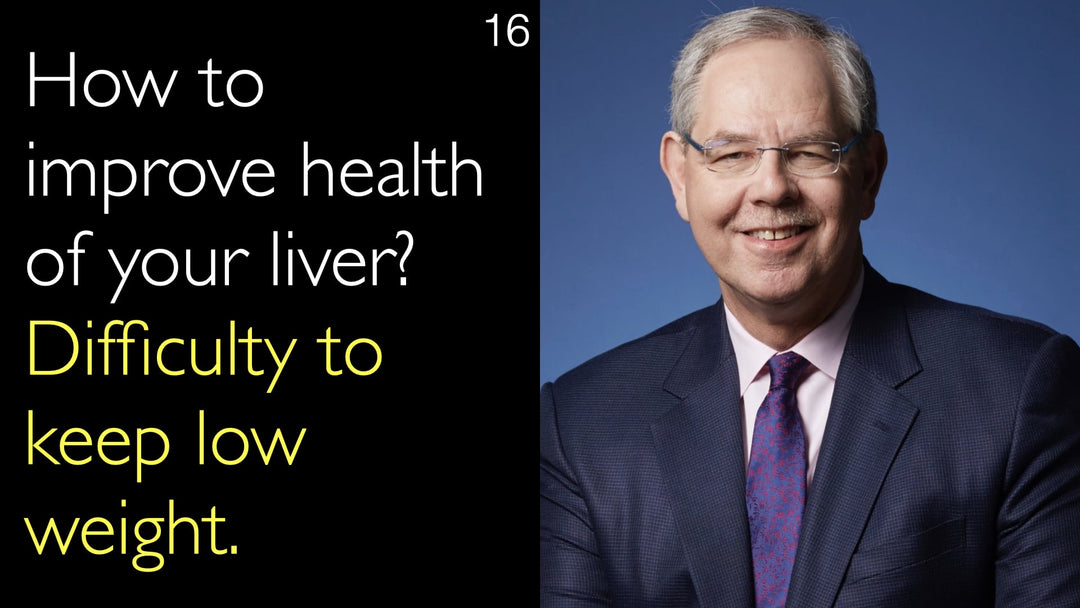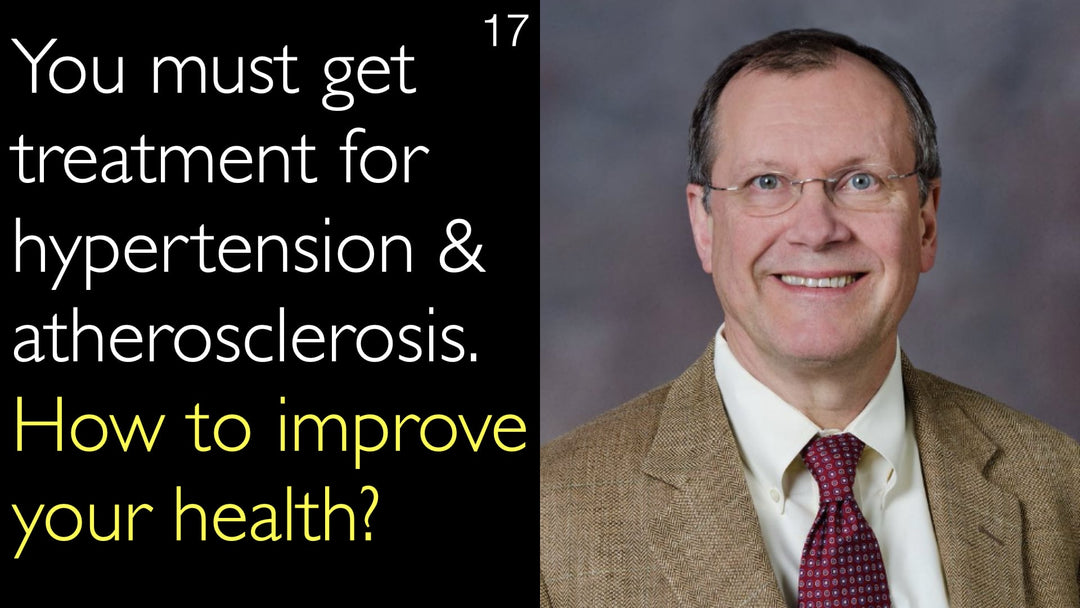Leading expert in nanobiophysics and point-of-care diagnostics, Dr. Anita Goel, MD, explains how a centralized healthcare model fails over four billion people globally and outlines a vision for a mobilized, decentralized future. She details the development of the Gene-RADAR platform, a mobile diagnostic tool that enables real-time, on-site detection of DNA and RNA biomarkers, empowering individuals to take control of their health anywhere in the world.
Decentralized Point-of-Care Diagnostics: A New Paradigm for Global Health Access
Jump To Section
- The Failure of Centralized Healthcare Models
- A Vision for a Decentralized Healthcare Future
- The Bottleneck of Centralized Laboratory Diagnostics
- Introducing the Gene-RADAR Mobile Diagnostic Platform
- Real-Time Sensing of DNA and RNA Biomarkers
- Empowering Patient Ownership of Health Data
- Solving the Global Healthcare Access Crisis
The Failure of Centralized Healthcare Models
Dr. Anita Goel, MD, states that the current centralized healthcare paradigm has existed for over four hundred years. This model relies on patients traveling to concentrated nodes of infrastructure, like hospitals and labs, to access care and information. The result of this system is a profound global access crisis, leaving over four billion people without basic healthcare.
Dr. Anita Goel, MD, emphasizes that even in developed nations like the United States, this model has created a multi-trillion dollar crisis. She argues that policy changes alone, such as Obamacare or Trumpcare, are insufficient to solve these deep-rooted structural problems in healthcare delivery.
A Vision for a Decentralized Healthcare Future
Dr. Anita Goel, MD, presents a transformative vision for the next generation of healthcare. She believes healthcare must become mobilized, decentralized, and personalized to meet future needs. This shift is analogous to revolutions in other industries, such as Google's impact on information, cell phones on telecommunications, and Apple on personalized computing.
The core of this vision is to move diagnostics and health information away from centralized institutions and directly to the individual. This approach aims to dismantle the barriers of geography and infrastructure that currently prevent billions from receiving timely care.
The Bottleneck of Centralized Laboratory Diagnostics
The current diagnostic process is a key example of the centralized model's inefficiency. Dr. Goel outlines the standard pathway: a visit to a doctor's office for sample collection (blood, saliva, urine), shipment to a centralized lab, and a follow-up visit for results. These laboratories require complex machinery, stable electricity, running water, and highly trained personnel.
This process creates significant delays. In the United States, Dr. Anita Goel, MD, notes that receiving diagnostic results can take anywhere from days to weeks or even months. This bottleneck delays treatment and is completely inaccessible to the four billion people who lack this developed-world infrastructure.
Introducing the Gene-RADAR Mobile Diagnostic Platform
To address these critical failures, Dr. Anita Goel, MD, and her team at Nanobiosym have developed Gene-RADAR. This mobile diagnostic platform is the physical manifestation of the decentralized healthcare vision. It is designed to provide laboratory-grade diagnostic capabilities outside of a traditional lab setting.
The technology is the culmination of over twenty years of Dr. Goel's research in the field of nanobiophysics. The platform's development represents a significant engineering achievement aimed at making advanced diagnostics universally available.
Real-Time Sensing of DNA and RNA Biomarkers
The core technological innovation of Gene-RADAR is its ability to perform real-time sensing of biological information. It specifically detects molecular markers based on DNA and RNA, which are the fundamental genetic blueprints for many diseases, including infectious diseases, cancers, and genetic disorders.
This capability means that complex diagnostic tests, which previously required days of processing in a lab, can now be performed instantly at the point of care. This real-time data acquisition is a monumental leap forward in diagnostic speed and efficiency.
Empowering Patient Ownership of Health Data
A fundamental goal of this new paradigm, as explained by Dr. Goel, is to empower individuals to take ownership of their own health. By moving diagnostics to the point of care, patients gain immediate access to critical health information without intermediaries or delays.
Dr. Anita Goel, MD, describes the bigger dream as enabling people to access health data "anywhere, anytime, in any place." This shift places the patient at the center of their healthcare journey, facilitating faster decision-making and more personalized treatment plans.
Solving the Global Healthcare Access Crisis
The implications of point-of-care diagnostics extend far beyond convenience in developed nations. Dr. Goel's work directly tackles the problem of the four billion people lacking access to centralized labs. By eliminating the need for complex infrastructure, Gene-RADAR can deliver advanced diagnostics to remote, low-resource, and underserved communities around the world.
During his interview with Dr. Goel, Dr. Anton Titov, MD, highlighted how this technology makes diagnostics available to people where they live. This decentralization is not just an improvement to the existing system; it is a necessary revolution to achieve equitable global health access and truly address the impending healthcare crisis.
Full Transcript
Dr. Anton Titov, MD: What is your vision to improve healthcare delivery? How does your vision differ from that of established healthcare systems?
Dr. Anita Goel, MD: Most patients around the world use hospitals to access healthcare today. I believe that the next generation of healthcare needs will be more mobilized, decentralized, and personalized.
For the last four hundred years, our entire paradigm for delivering healthcare has been based on a centralized model. You go to concentrated nodes of healthcare infrastructure, you go to centralized hospitals and labs. You send your blood samples there to get information about your own health.
The result of the centralized paradigm is this: today we have over four billion people on the planet who don't have access to basic healthcare. Here in the United States, we have more than a multi-trillion dollar crisis on our hands.
Whether it's Obamacare or Trumpcare, these policies alone cannot solve the impending healthcare crisis. At Nanobiosym, we are doing for healthcare what Google did for the information industry, what cell phones did for the telecommunications industry, and what Apple did for personalizing computing.
We are mobilizing, decentralizing, and personalizing the next generation of healthcare infrastructure.
For the last four hundred years, our entire paradigm of healthcare delivery has revolved around the centralized model. You go to a centralized hospital, you access experts, you have nodes of concentrated infrastructure to get information about your own health.
Our entire model of diagnosis is based on a centralized lab model. You go to the doctor's office, they draw your blood or saliva or urine or body fluid. They ship it into a centralized lab.
The laboratory requires very complex machines, running water, electricity, trained personnel, and big expensive machines. Then the data come back to your doctor's office. You go back in for a follow-up visit, and then you get your prescription and the next steps.
This process in the United States can take anywhere from days to weeks or months. It depends on what diagnostic test you are getting. It depends on what geography you are in.
Entire centralized infrastructure that defines the developed world infrastructure is lacking for four billion people on this planet today. So four billion people on earth don't have access to this centralized diagnostics infrastructure.
Dr. Anton Titov, MD: So the diagnostics paradigm that you are developing is point-of-care diagnostics. This is available to people where they live, at their point of care.
Dr. Anita Goel, MD: That's right. So we have this vision: we would like to empower you to take ownership over your own health. We want to make it possible anywhere, anytime, in any place you can have information about your own health.
That's the bigger dream that we're building towards.
Dr. Anton Titov, MD: What is Gene-RADAR and what can it do today for people in laboratory diagnostics?
Dr. Anita Goel, MD: So Gene-RADAR is a mobile diagnostic platform that harnesses our own research for the last twenty years. It is my own journey in nanobiophysics to make it possible to do real-time sensing of biological information based on DNA and RNA molecular markers.







